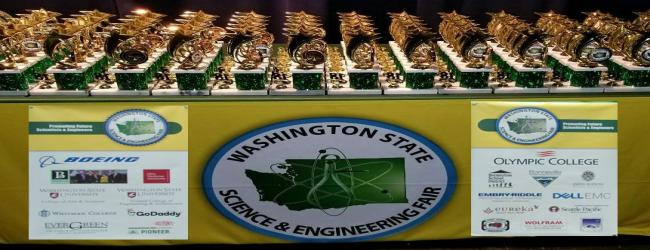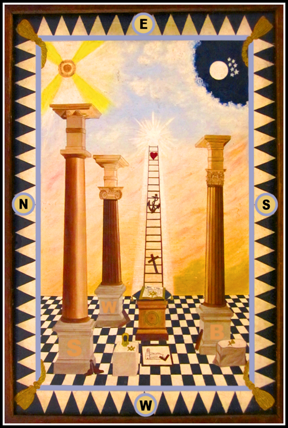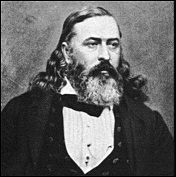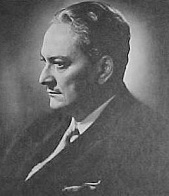Welcome to Eureka #20 Masonic Lodge
We are a temple of Freemasons in Shoreline, Washington. We have been practicing the art and science of Freemasonry since 1873.
Freemasonry consist of a course of moral and philosophical instruction illustrated by symbols and taught by allegory. The men of this lodge are actively engaged in the betterment of one another, for, this is what Freemasons do. Eureka Lodge #20 is one chapter of a fraternity that spans all of time and space -that is, around the entire world and throughout most of history. Please visit our "Freemasonry" section of the website to learn more about it.
Through this site masons and guests can keep up to date on what we are doing should anyone ever want to join us in any of our activities. All are welcome. Simply contact us through the contact page. Join us in the work of building a more noble future for posterity.






 Freemasonry, though not a religion, is essentially religious. Most of its legends and allegories are of a sacred nature; much of it is woven into the structure of Christianity. We have learned to consider our own religion as the only inspired one, and this probably accounts for much of the misunderstanding in the world today concerning the place occupied by Freemasonry in the spiritual ethics of our race. A religion is a divinely inspired code of morals. A religious person is one inspired to nobler living by this code. He is identified by the code which is his source of illumination. Thus we may say that a Christian is one who receives his spiritual ideals of right and wrong from the message of the Christ, while a Buddhist is one who molds his life into the archetype of morality given by the great Gautama, or one of the other Buddhas. All doctrines which seek to unfold and preserve that invisible spark in man named Spirit, are said to be spiritual. Those which ignore this invisible element and concentrate entirely upon the visible are said to be material. There is in religion a wonderful point of balance, where the materialist and spiritist meet on the plane of logic and reason...
Freemasonry, though not a religion, is essentially religious. Most of its legends and allegories are of a sacred nature; much of it is woven into the structure of Christianity. We have learned to consider our own religion as the only inspired one, and this probably accounts for much of the misunderstanding in the world today concerning the place occupied by Freemasonry in the spiritual ethics of our race. A religion is a divinely inspired code of morals. A religious person is one inspired to nobler living by this code. He is identified by the code which is his source of illumination. Thus we may say that a Christian is one who receives his spiritual ideals of right and wrong from the message of the Christ, while a Buddhist is one who molds his life into the archetype of morality given by the great Gautama, or one of the other Buddhas. All doctrines which seek to unfold and preserve that invisible spark in man named Spirit, are said to be spiritual. Those which ignore this invisible element and concentrate entirely upon the visible are said to be material. There is in religion a wonderful point of balance, where the materialist and spiritist meet on the plane of logic and reason...